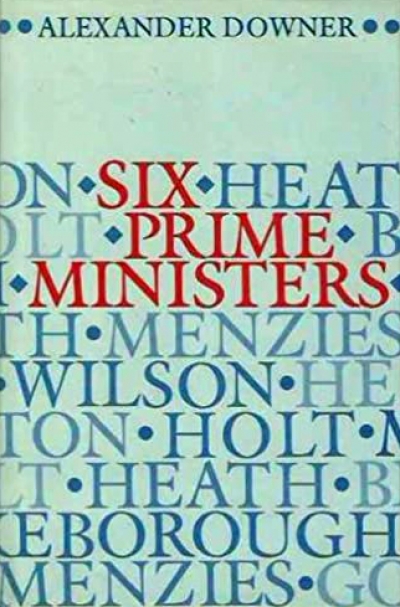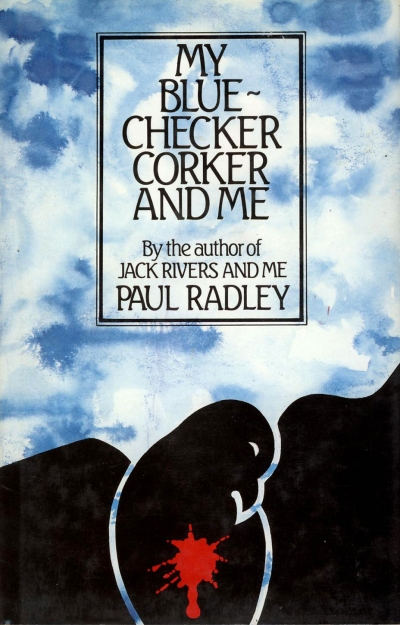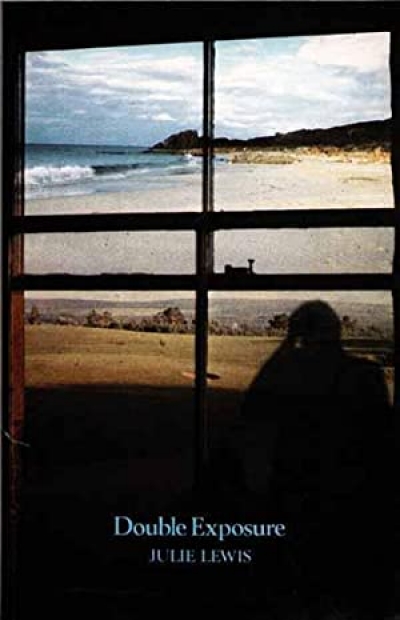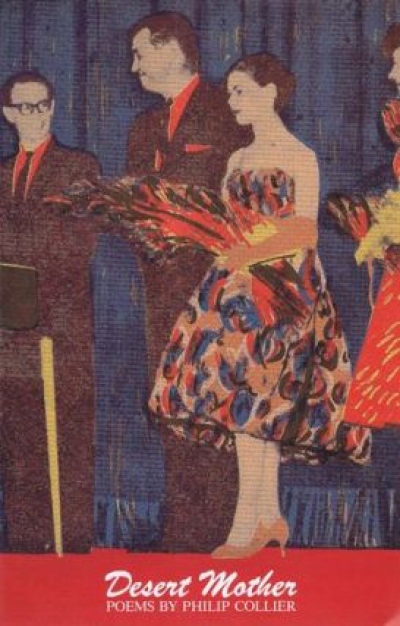Archive
Australia Since the Coming of Man by Russel Ward & New History edited by G. Osborne and W.F. Mandie
by L.L. Robson •
For the previous Commonwealth Writers’ Week associated with the Commonwealth Games at Edmonton, a large if not necessarily lively anthology of writing from all countries of the Commonwealth was produced. Brisbane produced a twelve page ‘Guide to Participants’ which showed that only eighteen of the sixty-three listed participants were not Australian or Australian born. Not all of the eighteen visitors turned up, the most conspicuous absentee being Edward Brathwaite of Jamaica. This imbalance was reflected in the sessions themselves, nearly half of which were exclusively Australian in content.
... (read more)








